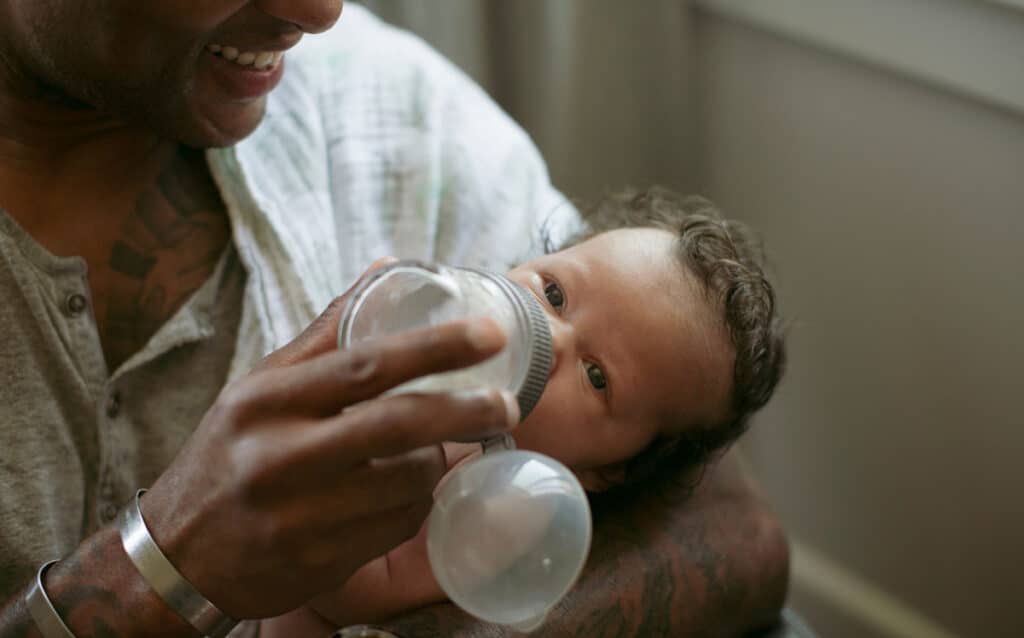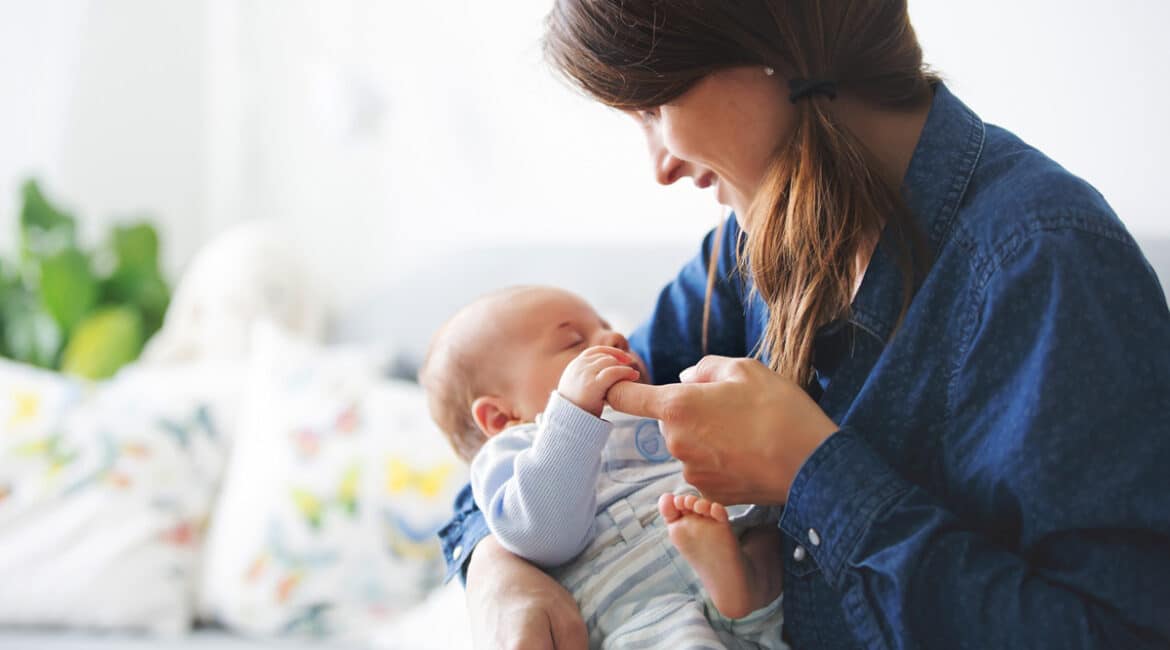Becoming a parent is a life-changing event that’s filled with love, joy, and wonder. However, the transition to this big responsibility is often stressful and overwhelming. All of a sudden, there’s a tiny new human in your home who depends on you to care for their every need, nearly all hours of the day.
With an increased risk of mental health disorders like
postpartum anxiety or
peripartum depression among mothers and fathers alike, it’s important for new parents to take care of their mental health.
The standard self-care advice of getting enough sleep when you can and eating well is crucial. In this blog, however, we want to dive a little deeper. Keep reading to learn our go-to mental health tips for new parents.
Mental Health Tips for New Parents
Be Kind to Yourself
Parenthood is
not easy, especially when it’s your first time. Give yourself some grace and manage your expectations as you adjust to your new lifestyle. You’re going to make mistakes, and that’s okay. You may also find yourself comparing your parenting style or baby’s temperament to others. Remember that there is no rule manual to follow when parenting, and every child is different. Be patient and show yourself some compassion.
One way to do this is to use positive affirmations and self-talk. Studies show that
affirmations can help people subconsciously increase their motivation to problem solve, find positivity around them, and be more self-accepting. All of this can greatly help new parents adjust to changes that are part of welcoming a new family member.

Build a Support Network
The phrase “it takes a village” when it comes to raising children is true. It’s easy to become isolated as a parent when your life revolves around your child. However, you don’t have to do this alone. Build a support network of family, friends, or other people you trust and accept their help, whether you ask for it or they offer it on their own.
Take Time for Self-Care
As a new parent, you may feel like you have no time for yourself, but neglecting your own needs can lead to burnout and further stress. Take some time each day for self-care, whether it’s reading a book, taking a bath, or going for a walk. These small moments of dedicated “me time” can make a big difference in your mental health.
Set Boundaries
It’s okay to say “no” as a new parent. Setting boundaries with loved ones and understanding your limits is crucial for your mental health. You don’t have to attend every event, participate in every activity, or let every person hold your baby, if doing so makes you feel uncomfortable. Although it can feel awkward at first, communicating your needs with family members and friends can help you feel more in control of your life.

Seek Professional Help, If Needed
Taking care of your mental health is essential as a new parent. But no matter how proactive you are about prioritizing self-care, every parent is at risk of mental health disorders like
postpartum anxiety or
peripartum depression. These common disorders can develop during and after pregnancy due to factors like hormonal changes, sleep deprivation, and stress.
Symptoms of these disorders may include feelings of sadness or hopelessness, changes in appetite or sleeping patterns, irritability, and difficulty bonding with your baby. If you feel this way, know that you are not alone, and that it doesn’t make you a bad parent. However, it’s important to seek
professional help if you’re noticing any of these signs in yourself or your partner.
Upon meeting with your mental health provider, he or she will ask about your symptoms and determine the best treatment for your needs, such as medication or
psychotherapy, to help you get back to soaking in the joys of parenthood.
You’ve Got This
Remember, adjusting to parenthood takes time. By practicing the self-care tips outlined in this blog, you can prioritize your well-being and be a happier, healthier new parent. If you need additional mental health support, our team is always here to help.
Contact us to schedule an in-office or telehealth appointment today.



